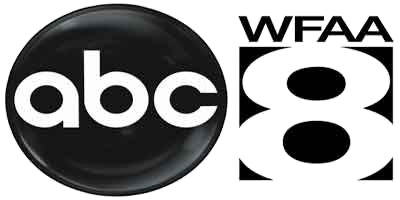Inspiring stories from the last month
Since 2014, over 500 million people have trusted InspireMore to provide the most uplifting news and positive stories from around the globe. We're so glad you're here, and hope you'll join us in our mission to #bethegood




Funny, heartwarming stories that will make you smile
Animals stories to make you laugh, cry, and be amazed
Touching stories of love and kindness

We're a small team working passionately to create and spread good news into the world every day. Recently, we received a note from a reader that captured the true need for what we do so beautifully. She wrote: “My mind and spirit are nourished by the content of your site. I never miss a day of it.”
This is the power of hope-filled, good news. And we’ve heard this time and time again over the last 6 years as the leading publisher focused exclusively on positive media. Now, more than ever, we need your support to continue this important work. If you share our passion and find value in what we do, please consider supporting us today. Thank you!
Support InspireMoreA collection of amazing and inspiring talents
Everyday heroes and random acts of kindness
Learn and be inspired by these stories of wisdom
Uplifting stories of health and wellness
Inspiring innovations from around the world.
Inspiring adventure stories from around the world
Inspiring stories of parenting, family and children